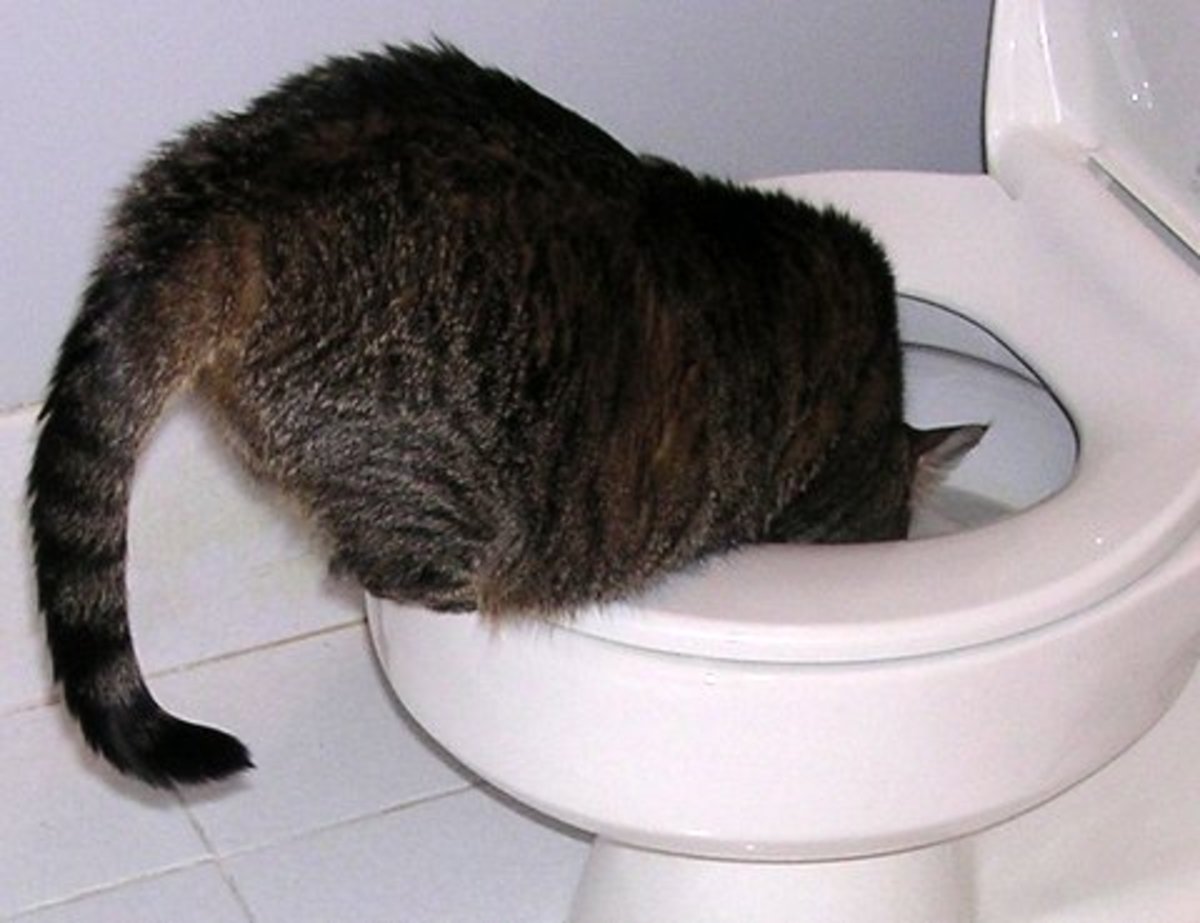They are making a few good annotation on the subject of Can You Flush Cat Poop Down The Toilet? in general in this article in the next paragraphs.

Intro
As pet cat owners, it's important to be mindful of just how we get rid of our feline pals' waste. While it may seem practical to flush cat poop down the commode, this method can have detrimental effects for both the atmosphere and human health.
Ecological Impact
Flushing feline poop introduces harmful virus and parasites right into the water system, positioning a substantial threat to marine communities. These pollutants can adversely affect marine life and concession water top quality.
Health and wellness Risks
In addition to environmental concerns, flushing cat waste can likewise position wellness threats to people. Feline feces might consist of Toxoplasma gondii, a parasite that can trigger toxoplasmosis-- a potentially severe disease, especially for pregnant ladies and individuals with weakened body immune systems.
Alternatives to Flushing
Thankfully, there are much safer and extra liable ways to get rid of pet cat poop. Think about the complying with alternatives:
1. Scoop and Dispose in Trash
One of the most common method of dealing with pet cat poop is to scoop it into an eco-friendly bag and toss it in the trash. Make certain to utilize a dedicated litter scoop and deal with the waste immediately.
2. Use Biodegradable Litter
Select naturally degradable pet cat litter made from materials such as corn or wheat. These clutters are environmentally friendly and can be safely gotten rid of in the trash.
3. Hide in the Yard
If you have a backyard, take into consideration burying cat waste in a marked area far from veggie gardens and water sources. Be sure to dig deep enough to stop contamination of groundwater.
4. Mount a Pet Waste Disposal System
Invest in an animal garbage disposal system particularly created for feline waste. These systems use enzymes to break down the waste, decreasing odor and ecological impact.
Conclusion
Accountable animal ownership prolongs past offering food and sanctuary-- it additionally includes appropriate waste administration. By refraining from flushing pet cat poop down the commode and choosing alternate disposal approaches, we can minimize our environmental impact and safeguard human health and wellness.
Why You Should Never Flush Cat Poop Down the Toilet
A rose by any other name might smell as sweet, but not all poop is created equal. Toilets, and our sewage systems, are designed for human excrement, not animal waste. It might seem like it couldn’t hurt to toss cat feces into the loo, but it’s not a good idea to flush cat poop in the toilet.
First and foremost, assuming your cat uses a litter box, any waste is going to have litter on it. And even the smallest amount of litter can wreak havoc on plumbing.
Over time, small amounts build up, filling up your septic system. Most litter sold today is clumping; it is made from a type of clay that hardens when it gets wet. Ever tried to scrape old clumps from the bottom of a litter box? You know just how cement-hard it can get!
Now imagine just a small clump of that stuck in your pipes. A simple de-clogger like Drano isn’t going to cut it. And that means it’s going to cost you big time to fix it.
Parasitic Contamination
Believe it or not, your healthy kitty may be harboring a nasty parasite. Only cats excrete Toxoplasma in their feces. Yet it rarely causes serious health issues in the cats that are infected. Most people will be fine too if infected. Only pregnant women and people with compromised immune systems are at risk. (If you’ve ever heard how women who are expecting are excused from litter cleaning duty, Toxoplasma is why.)
But other animals may have a problem if infected with the parasite. And human water treatment systems aren’t designed to handle it. As a result, the systems don’t remove the parasite before discharging wastewater into local waterways. Fish, shellfish, and other marine life — otters in particular — are susceptible to toxoplasma. If exposed, most will end up with brain damage and many will die.
Depending on the species of fish, they may end up on someone’s fish hook and, ultimately on someone’s dinner plate. If that someone has a chronic illness, they’re at risk.
Skip the Toilet Training
We know there are folks out there who like to toilet train their cats. And we give them props, it takes a lot of work. But thanks to the toxoplasma, it’s not a good idea.

I'm certainly very inquisitive about How to Dispose of Cat Poop and Litter Without Plastic Bags and I'm hoping you liked the new piece. Remember to take a moment to promote this article if you appreciated it. Thank you so much for going through it.
Free Quote